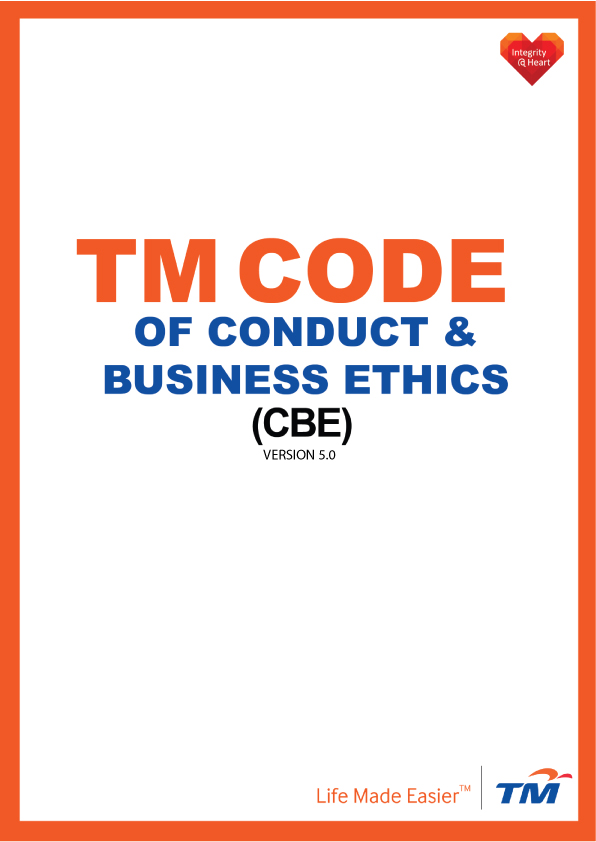Declaration of Commitment (Energy)
Multimedia University (MMU) is a tertiary education institution that produces graduated students for the working environment. Energy consumption is an important element in providing a conducive and safe environment for students to study and for staff to work. The energy savings and efficiency are achieved by developing an Energy Management System without compromising the comfort and safety of students, staff, and guests. This policy is intended to ensure the minimum use of energy to produce maximum output and benefit for the university. The custodian of this policy is the Registered Electrical Energy Manager appointed by the University. In order to achieve this commitment, Multimedia University shall:
1.Improve energy efficiency performance continuously by implementing Energy Management System and Energy Saving Measures.
2.Ensure that the availability of resources is sufficient to achieve the energy objectives and energy targets.
3.Procure and use current and cost-effective green technologies throughout the campuses.
4.Educate, communicate, raise awareness, and motivate students and staff to practice energy saving.
5.Qualify for ratings and recognition from the relevant accrediting bodies.
6.Comply with all applicable laws and regulations related to energy.
Boundary: MMU Melaka and Cyberjaya Campuses.
The MMU Energy and Water Management Committee is responsible for overseeing the energy performance, assisted by the Registered Electrical Energy Manager. The committee will convene with relevant stakeholders to discuss energy performance and review energy-saving activities to ensure they meet the energy objectives and targets.
Note: This is part of our initiatives for Climate Action.



